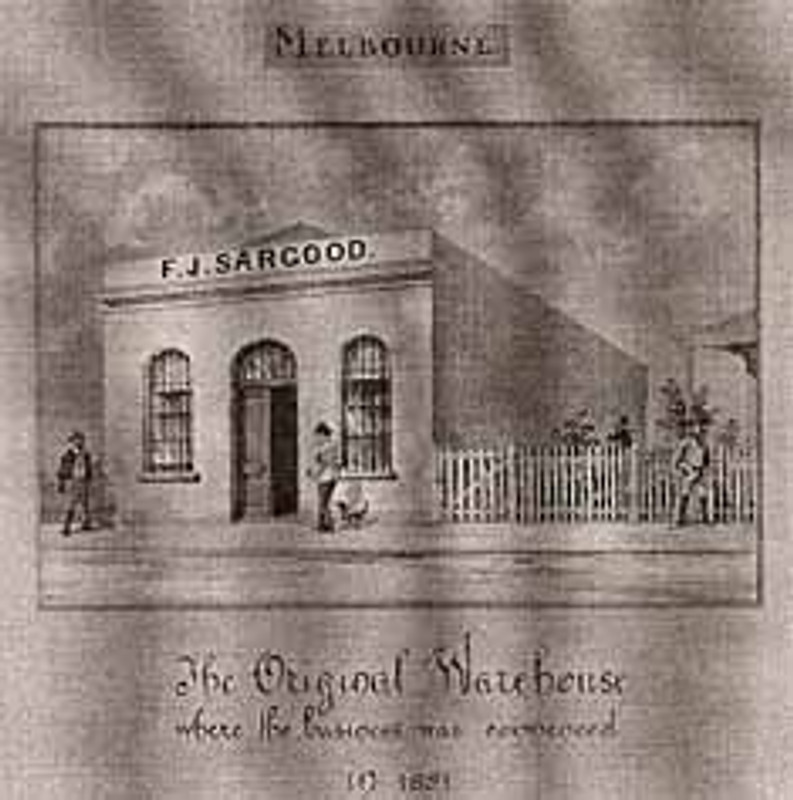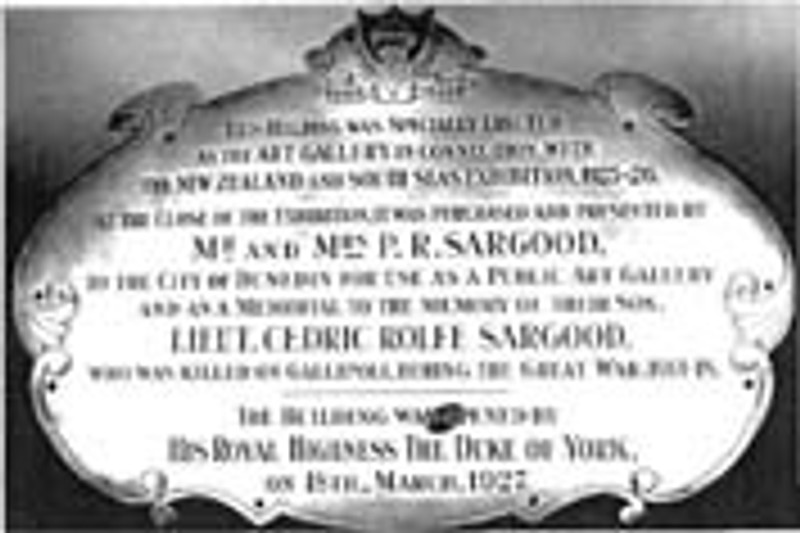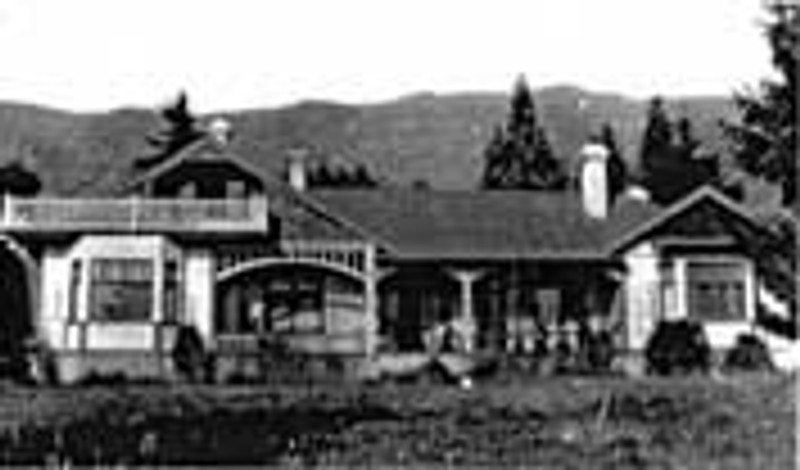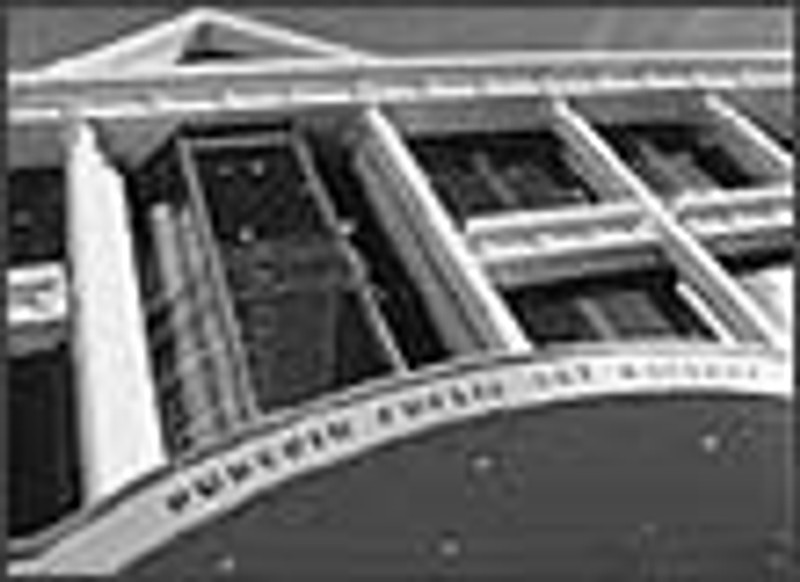Sir Percy Rolfe Sargood
The Life of Sir Percy Rolfe Sargood
(1865 – 1940)
Percy Rolfe Sargood was born in Melbourne on 26 September 1865, the second son of the Hon. Sir Frederick Thomas Sargood and Marion Australian, daughter of the Hon. George Rolfe, M.L.C. Sir Frederick was a distinguished Victorian politician and owner of a large warehouse business founded by his father, Frederick James Sargood. Percy was educated by a private tutor before attending St. Kilda’s Scotch College; he completed his education in England at The Cedars, Rickmans-worth, and Hawthorne Grammar School.
MERCHANT:
First Branch. In 1883 Sargood entered his father’s business and served a six-year apprenticeship at the Melbourne premises. From there he was sent to England where he worked for a year with Bradbury, Greatorex and Co., with a further year in the London office of Sargoods. In 1891 he arrived in New Zealand as manager of the Christchurch and Dunedin warehouses, and the boot factory of the firm, and was made a junior partner after 12 months. After the deaths of his father and his partner, Ewen, he took over full control of the New Zealand business which he formed into a limited company in 1907 under the name of Sargood, Son, and Ewen Ltd., with himself as governing director. A good businessman and a considerate employer, he established one of the first staff provident funds.
PHILANTHROPIC TRADITION:
Sargood had been brought up in a tradition of philanthropic and community service, though he did not share his father’s interest in politics. A vigorous and capable administrator, he was a valued member of many organisations including the Rotary Club and the Chamber of Commerce; he represented New Zealand at the International Conference of the Chambers in London in 1926 and Dunedin at the Empire Conference in 1926. He served with distinction on patriotic committees during both World Wars. In the First World War, he was chairman of the Expeditionary Forces Committee in Otago and made a personal contribution of £5,000 for patriotic work; he made a similar sum available for the same purpose during the Second World War when he served on the Otago Provincial Patriotic Council. During the 1930s, when he was a member of the Dunedin Unemployment Committee, he initiated the district scheme for the relief of distress. Sargood was also active in youth work. A pioneer supporter of the Boy Scout Movement, he was awarded the “Silver Wolf”, the highest distinction for those who have rendered outstanding service. He became a trustee of the YMCA and was particularly interested in the scheme for settling young British boys from poor, homes on Commonwealth farms.
WANAKA STATION:
In 1912 he purchased Wanaka Station which became well known under his administration for the quality of its sheep and Friesian cattle. An enthusiastic advocate of irrigation in Central Otago, he applied to the Lake County Council for a lease of the Cardrona Nursery to show the value of an irrigation program, but his application was rejected. In 1913 he planted 8,000 fruit trees to establish the Wanaka Orchards, which demonstrated that the country, when irrigated, was ideally suited for fruit growing. His faith in the future of Central Otago made him a major shareholder in the Cromwell Development Co. which was formed in 1914 to irrigate the Cromwell Flats from the Kawarau River. The scheme was to develop the land and subdivide it for settlement but local residents strongly opposed the company as potential land grabbers. The company’s first and second attempts to dam the river failed and it was not until 1923 that a successful weir was completed. Despite the setbacks of the first scheme, the company hoped to extend its activities and acquire land on the Pisa Flat but local opinion opposed the proposal and the scheme was dropped. In 1926 the company succeeded in irrigating the lower part of the Cromwell Flat and developing it with excellent results as a sheep farm. Nevertheless the capital costs had been enormous and proved beyond the resources of the company. Sargood took over the debts and continued to finance the scheme despite bitter local criticism of his administration and with very little return for his outlay.
ART AND CULTURE:
An enthusiastic collector of objects d’art and paintings, Sargood purchased one of Dunedin’s most substantial homes “Marinoto” in 1902. His only son, Cedric Rolfe Sargood, was killed at Gallipoli while serving with the Otago Regiment of the New Zealand Infantry Brigade. As a memorial to their son, Sir Percy and Lady Sargood presented a new Art Gallery building at Logan Park to the City of Dunedin.
He donated paintings to the Dunedin and National Galleries and was the founder of the Empire Art Loan Society. He served as a Government representative on the Management Committee of the Otago Museum from its inception in 1931 until his death, providing administrative guidance and financial assistance. He bequeathed his ethnological collections to the museum. A keen sportsman, Sargood loved golf and horse riding. He was one of the Dominion’s early motorists, acquiring a one-cylinder Cadillac in 1906.
At his death, Sargood directed that the bulk of his estate should be converted into a trust fund for the benefit of the arts and the youth of New Zealand. The Sargood Bequest has assisted various youth organisations including the YWCA and YMCA, Young Farmers’ Clubs, the Boy Scout and Girl Guide movements, and various educational institutions.
Sargood married Lucy Constance, daughter of F. F. Ormond of Hawke’s Bay in 1893. He was knighted in 1935 and died on 5 November 1940.



